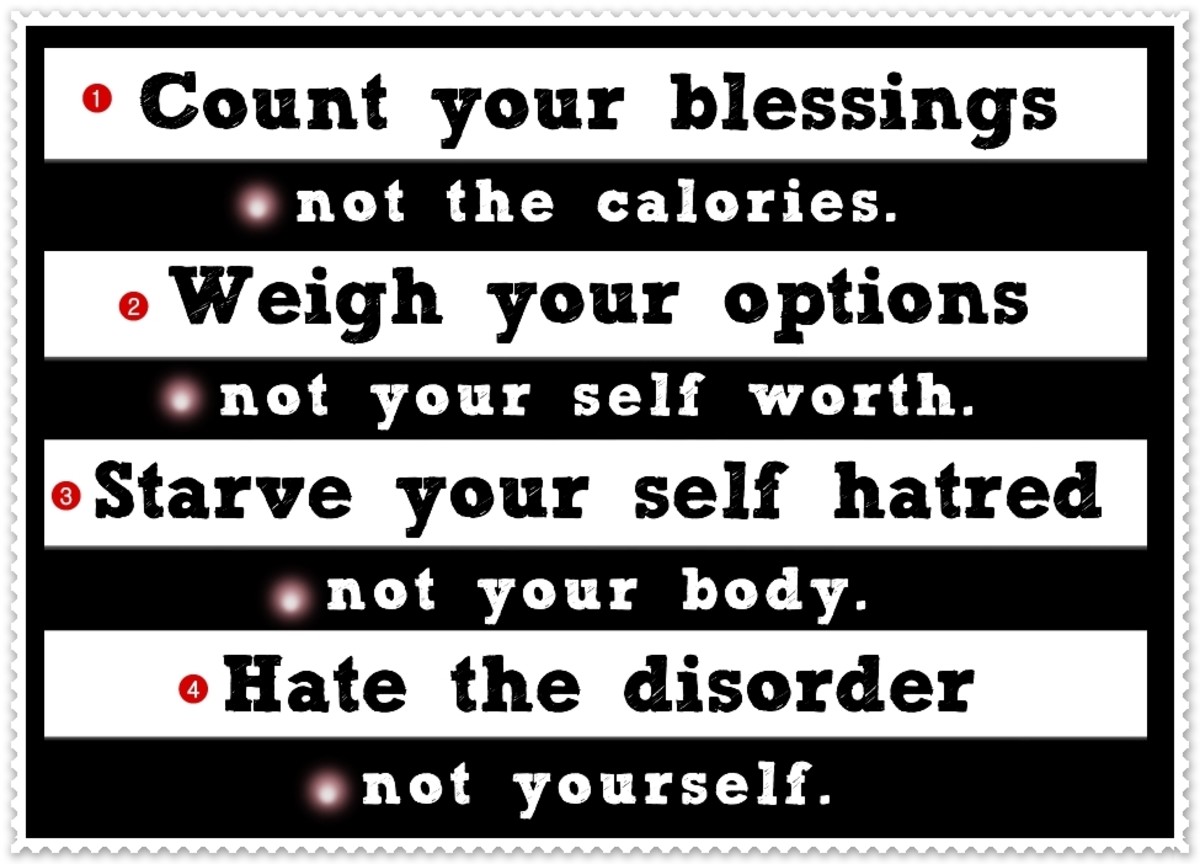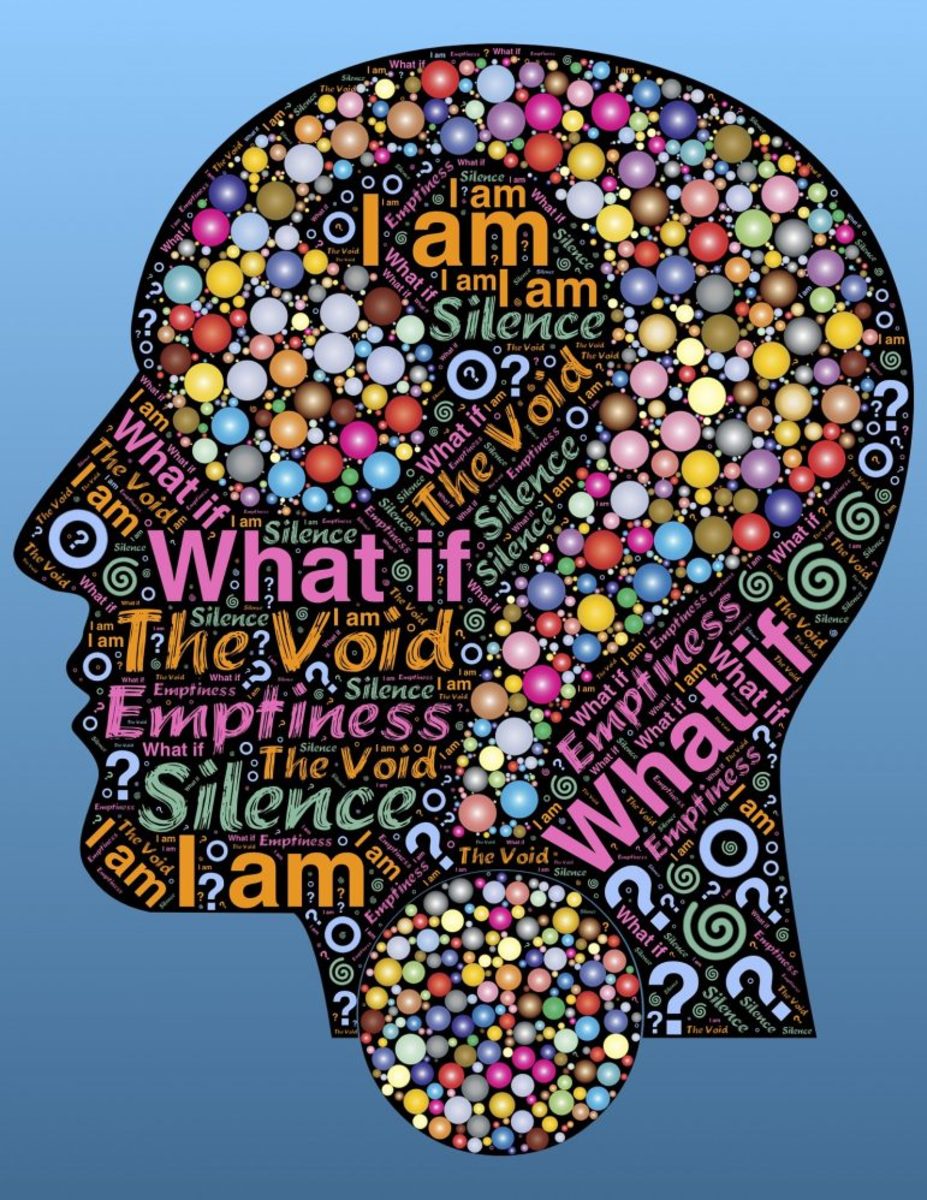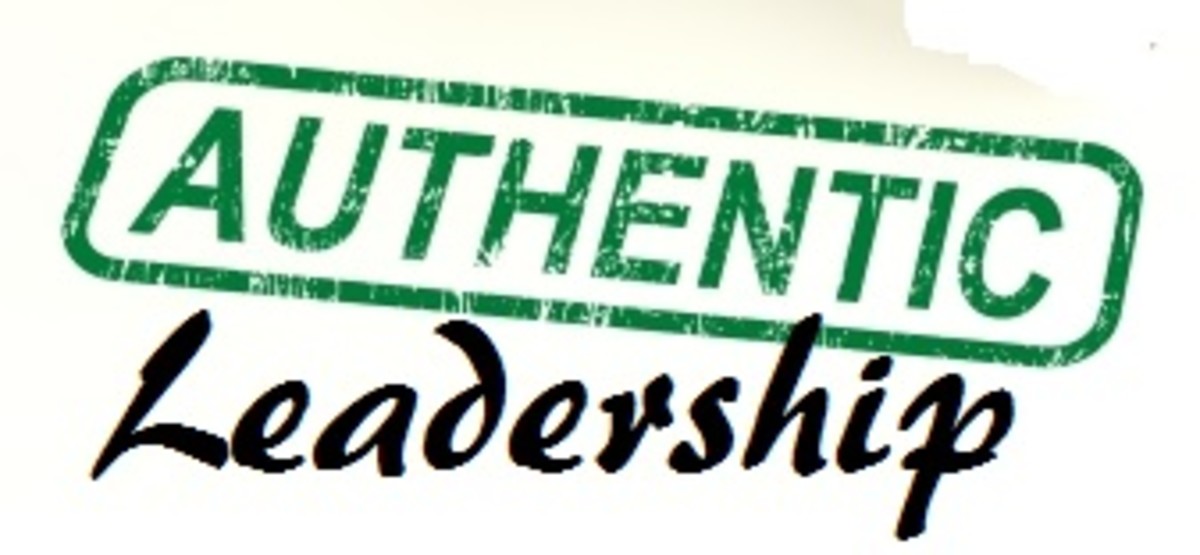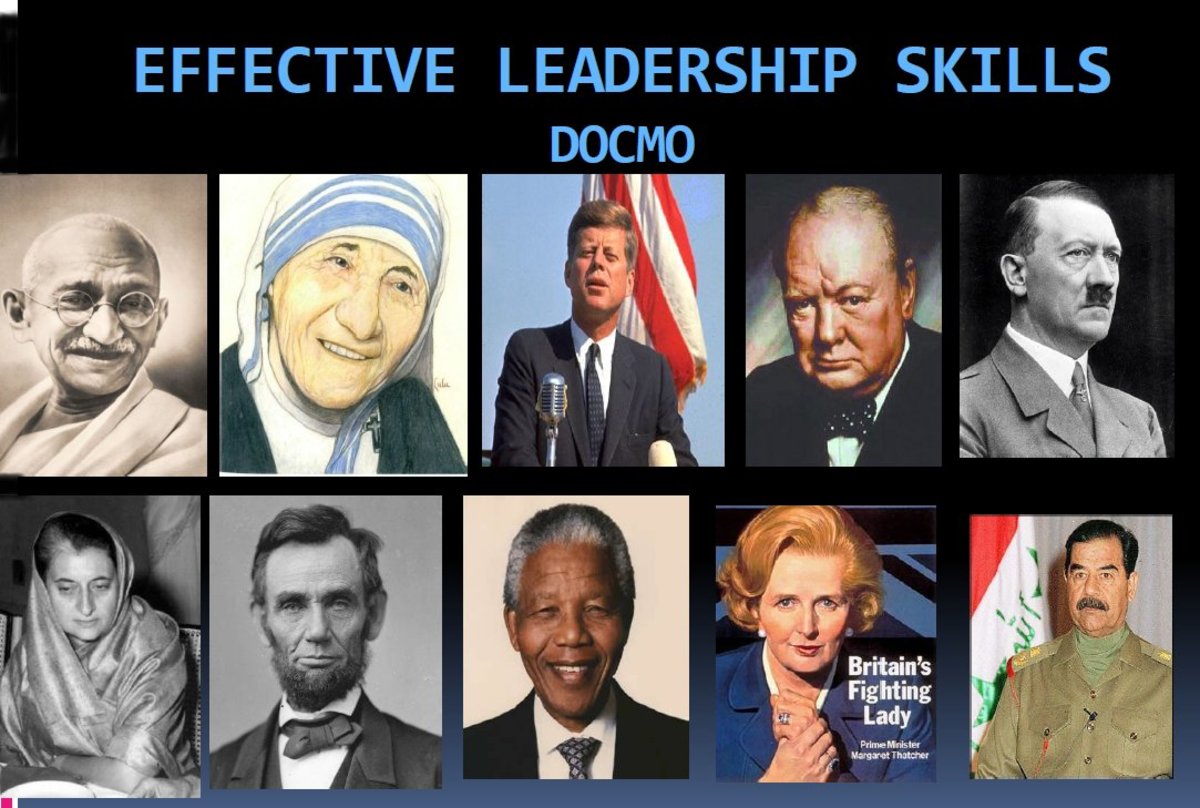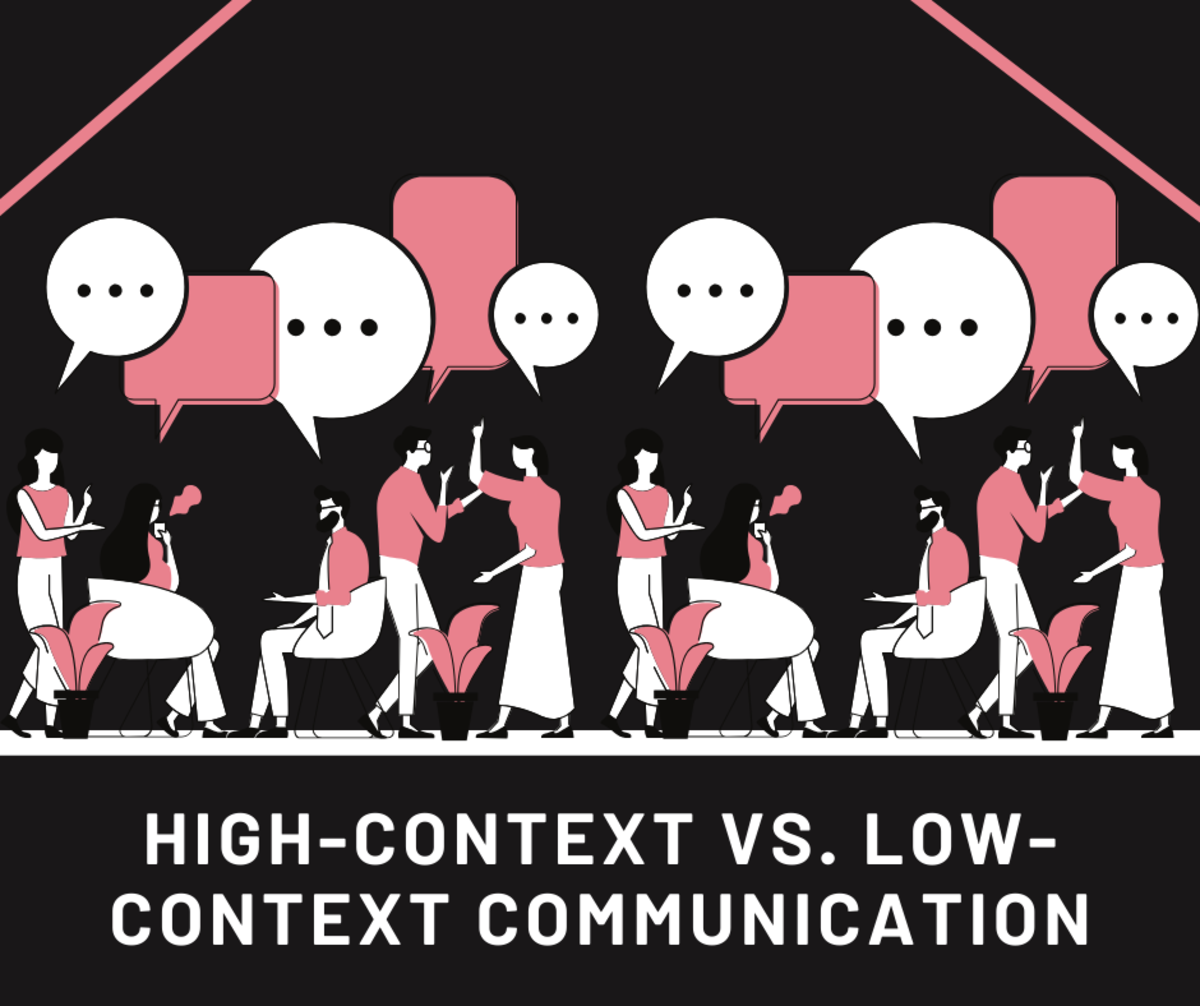What Are the Characteristics of Successful Executive Coaches?
There are specific traits you need to be a successful executive coach, but no one is born ready to be a coach. Working in this area requires certain skills, too. These crucial skills for an executive coach can be learned via experience or a formal program. What combination of skills and inborn traits are necessary successful executive coaches? What are the characteristics of successful executive coaches?
Self-Awareness and Emotional Intelligence
Emotional Intelligence, sometimes called EQ or emotional IQ, refers to the ability to correctly read the emotional state of others whether or not they tell you what they’re feeling. It is the ability to read subtle cues in their body language, facial expression, tone of voice and behavior and have a good guess as to what they’re thinking and feeling.
An equally important skill for coaches is strong self-awareness. You have to be aware of how you feel, appear and behave so that you can present yourself in the way the client needs. You need to be able to build rapport with your clients, get honest answers, and have their trust while you guide them through difficult situations. While empathy and sensitivity are inborn traits, emotional intelligence can be improved through further study.

Certifications and Qualifications
Anyone can come in and say they’re a coach, whether it is a life coach or an executive coach. It is possible to be a good executive coach without qualifications or certifications. However, possessing universally recognized certifications tells potential clients you are, indeed, qualified. And society’s trend toward credentialitis means you need the right coaching certifications to be considered qualified to work with major clients.
Clear Communication
Business coaches cannot rely on platitudes and a positive attitude. You need to have clear, concise communications because people in business don’t have time for a long pep talk or narrative to try to relay a point. Being able to correctly read people and present the answer they need demonstrates how a strong emotional IQ leads to enhanced communication.
A contributing factor to this is curiosity. You need to be genuinely curious about a variety of things, since this helps you engage in deep listening, and it leads you to ask the questions that help clients find a good solution. You will try to get the whole story and explore the various perspectives of those involved.
Reserved Judgement
Coaching must be collaborative. You can’t help clients if you’re immediately turned off by their demeanor or the problems they report. Rush to judgement, and you are likely to give the wrong advice. Worse yet, if clients sense this, they’ll shut down the relationship before it even began.
You need to reserve judgement while being curious, respectful and supportive. This will allow them to open up to you and share sensitive information you need in order to help them. It will also give them the confidence in you to accept your advice to change their behavior.
Note that this does not mean you do not judge people’s actions or their reasoning. If you can’t say that something is wrong, you can’t tell them that they have to change.
Summary
Good coaches bring a mix of personality traits and skills to the table that are needed to engage clients and guide them toward their goals. Fortunately, you can work to improve these skills, whether you want to become a coach or a better business coach.
This article is accurate and true to the best of the author’s knowledge. Content is for informational or entertainment purposes only and does not substitute for personal counsel or professional advice in business, financial, legal, or technical matters.
© 2019 Tamara Wilhite

